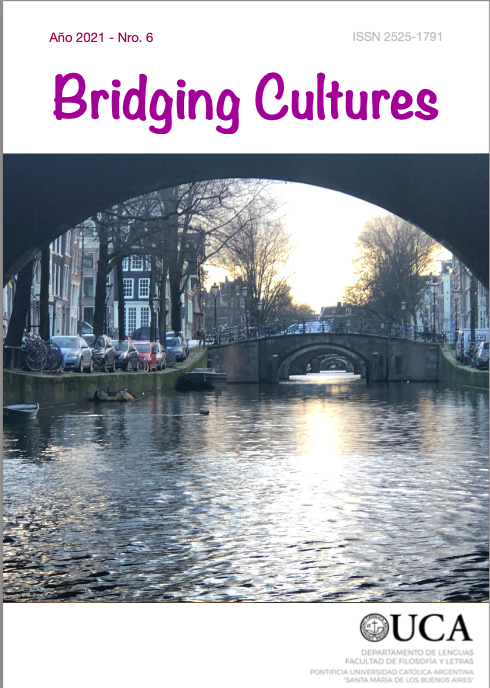Articulating Black Voices: Linguistic Analysis as a Tool for Translation in Zora Neale Hurston’s “Story in Harlem Slang”
Palabras clave:
literary dialects, translation and linguistics, translation of non-standard varieties, instrumental reading, Zora Neale HurstonResumen
The notion that the content of a work of literature cannot be fully dissociated from its form is nowhere as true as in texts in which language is not only a medium but also an object of representation itself, as tends to be the case in minority literatures. Translating texts which subvert standard language is no easy task, as it demands faithfulness to a message that seems to be intrinsically bound to the words on the page, with linguistic choices providing not only narratological and characterization cues but also powerful assertions regarding the center of the narrative. Translation decisions will be based on the artistic and sociopolitical effects of such choices, which lie beyond the scope of linguistics. However, if we are to understand those effects, we must first look into the linguistic layer of the text. In this sense, sociolinguistics and descriptive linguistics provide valuable tools for the type of reading that is necessary for translation, both by allowing us to identify the dialect in question and by providing a reliable framework to establish the reasons behind characters and narrators' use of language, all of which will need to be considered when writing in the target language. In this paper, I explore these concepts by looking at African American Vernacular English and illustrate the proposed instrumental reading by analyzing how Zora Neale Hurston constructs black voices and positions a black narrative center in Story in Harlem Slang.
Descargas
Citas
Achebe, C. (1964). The African writer and the English language. In Morning yet on Creation Day: Essays, 1975. Doubleday.
Ashcroft, B., Griffiths, G. and Tiffin, H. (2011). The empire writes back. W. Ross MacDonald School Resource Services.
Baugh, J. (2002). Beyond Ebonics. Oxford University Press.
Cohen-Minnick, L. (2010). Dialect and dichotomy. University of Alabama Press.
Cuckor-Avila, P. (2002). She say, she go, she be like: Verbs of quotation over time in African American vernacular English. American Speech, 77: 1.3–31.
Everett, P. (2001). Erasure: a novel. Hyperion.
Green, L. (2002) African American English. A linguistic introduction.
Cambridge University Press. Klinger, S. (2015). Translation and linguistic hybridity. Routledge.
Lippi-Green, R. (2012). English with an accent. Routledge.
Ong, W. (1982). Orality and literacy. Taylor & Francis.
Pullum, G. (1999). African American Vernacular English is not Standard English with mistakes. In R. Wheeler (Ed.), The workings of language: From prescriptions to perspectives, (39–58). CT: Praeger.
Spears, A. (2017). Unstressed been: Past and present in African American English. American Speech, 92.2:151-75.
Wardhaugh, R. and Fuller, J. (2015). An introduction to sociolinguistics. Wiley Blackwell.
Descargas
Publicado
Cómo citar
Número
Sección
Licencia








